Niger Delta Leaders Demand Action Against Tompolo’s Power and Exploitation Claims
- by RNG247.com
- about 5 months ago
- 193 views
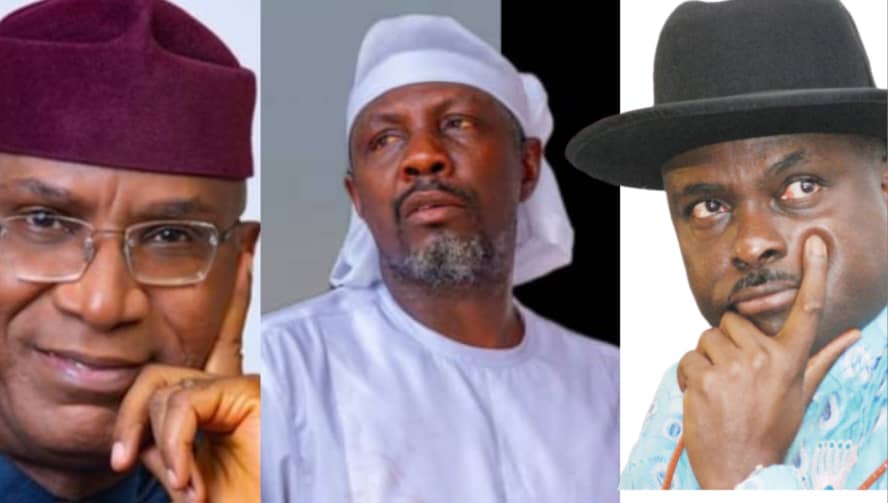
...Tompolo Spreads False info Via Bloggers On Social Media, Targeting Figures Like Ovie Omo-Age and James Ibori.
...Since the Pipeline Contract is Ending This Month, the Government Should not Include Tompolo in Future Plans.
Amid rising unrest and deep unhappiness across the Niger Delta, representatives from the Niger Delta People Mandate have strongly demanded that the Federal Government reduce the influence of contractor Tompolo and his security company, Tantita Security Services. Spokesperson Ebimene Tokowei said he was worried about claims of bad government, favoritism, and the ongoing neglect of important local leaders in Nigeria’s oil-rich area.
In a strong statement, Tokowei accused Tompolo of pushing aside important regional leaders, including well-known freedom fighters like King Asari Dokubo and King Ateke Tom. He said Tompolo gives them very little money and ignores other leaders completely. “These experienced activists and brave fighters for our people’s rights have been pushed aside and ignored.”
The leader also accused Tompolo of stealing large amounts of money meant to help freedom fighters and traditional leaders. Reports say he gives over three billion naira each month to the Urhobo community, but only peanuts go to his colleagues in Rivers State and the ones in engaged in Bayelsa are being used likes babies and many others are left out. Skeptics believe that the true sharing of the money is not clear and mostly benefits a small group of close friends, while many people stay poor and powerless. "What looks like kindness actually hides greed and favoritism," Tokowei said.
There are also worries about unfair contract awards. Rich states like Rivers and Bayelsa have gotten big security deals worth millions of dollars, but critics say Tompolo’s share is much bigger, and much of it is stolen for personal use. These actions have made accusations of corruption worse and increased regional tensions.
The disputes go further with claims that Tompolo runs false information campaigns on social media, attacking important political leaders like Senator Ovie Omo-Age and former Governor James Ibori. Critics say these lies are part of a plan to weaken rivals and keep control over security and politics.
Urhobo youth are told to wake up and fight for their leaders to run their jobs instead of Tompolo, because Tompolo is taking a huge amount of money—much more than he gives to Urhobo leaders. The youth should hold their leaders responsible later, but they should not fight just to let Tompolo dominate them.
Aside from money problems, leaders from Itsekiri and Urhobo are asking for more control over their land and jobs. Ebimene has also told the federal government to work directly with leaders in Rivers and Bayelsa. He criticizes the current system, which is run by Tompolo.
In a direct message to President Tinubu, Niger Delta leaders suggest changing pipeline security policies. They want contracts to be given directly to local groups in each state. This change should make things more open, give power to communities, and make sure resources are shared fairly.
Serious claims of human rights abuses cast a shadow over Tompolo’s work. Reports say he has made illegal detention centers where people are held and reportedly abused or killed. Victims are said to have been killed brutally, including beheadings. These reports raise fears of lawless violence under his control.
As the pipeline contract ends this month, it is wise for the federal government to exclude Tompolo from future deals. Local groups should be involved instead to promote fairness and stability. Also, courts should investigate and hold him responsible for possible crimes against humanity, especially related to actions by Tantita Security Services. Justice, through the courts, is needed to deal with these serious charges.
Tokowei ends with a strong plea for government agencies to investigate and possibly arrest Tompolo for serious human rights violations. They say that making contract rules clear and watching over them is very important to bring peace, reconciliation, and long-lasting progress to the Niger Delta.
As tensions grow and accusations increase, the region waits for a strong decision from leaders—one that will either bring justice and fairness or make problems worse. The long history of exploitation and abuse in Nigeria’s most important oil area is at stake.



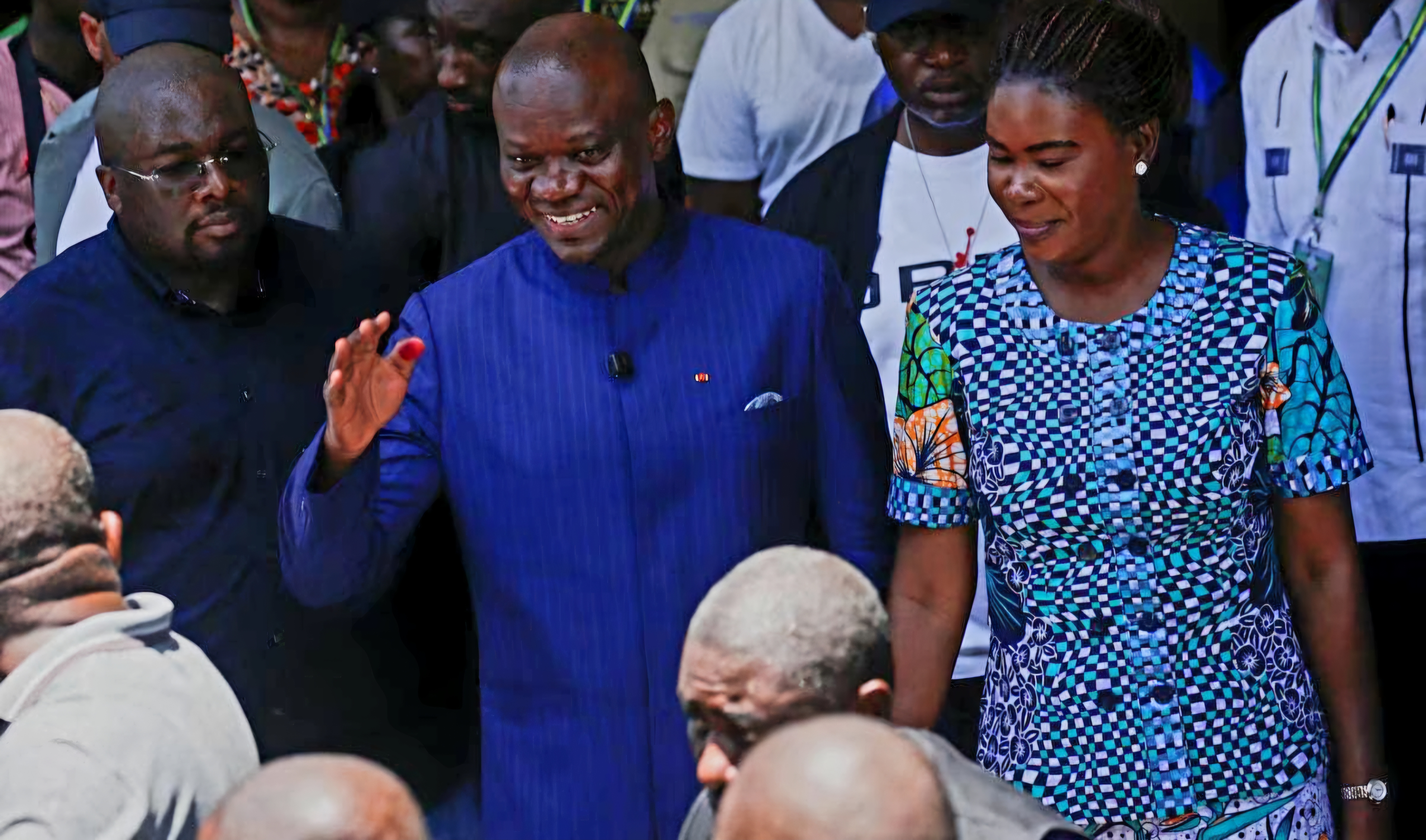
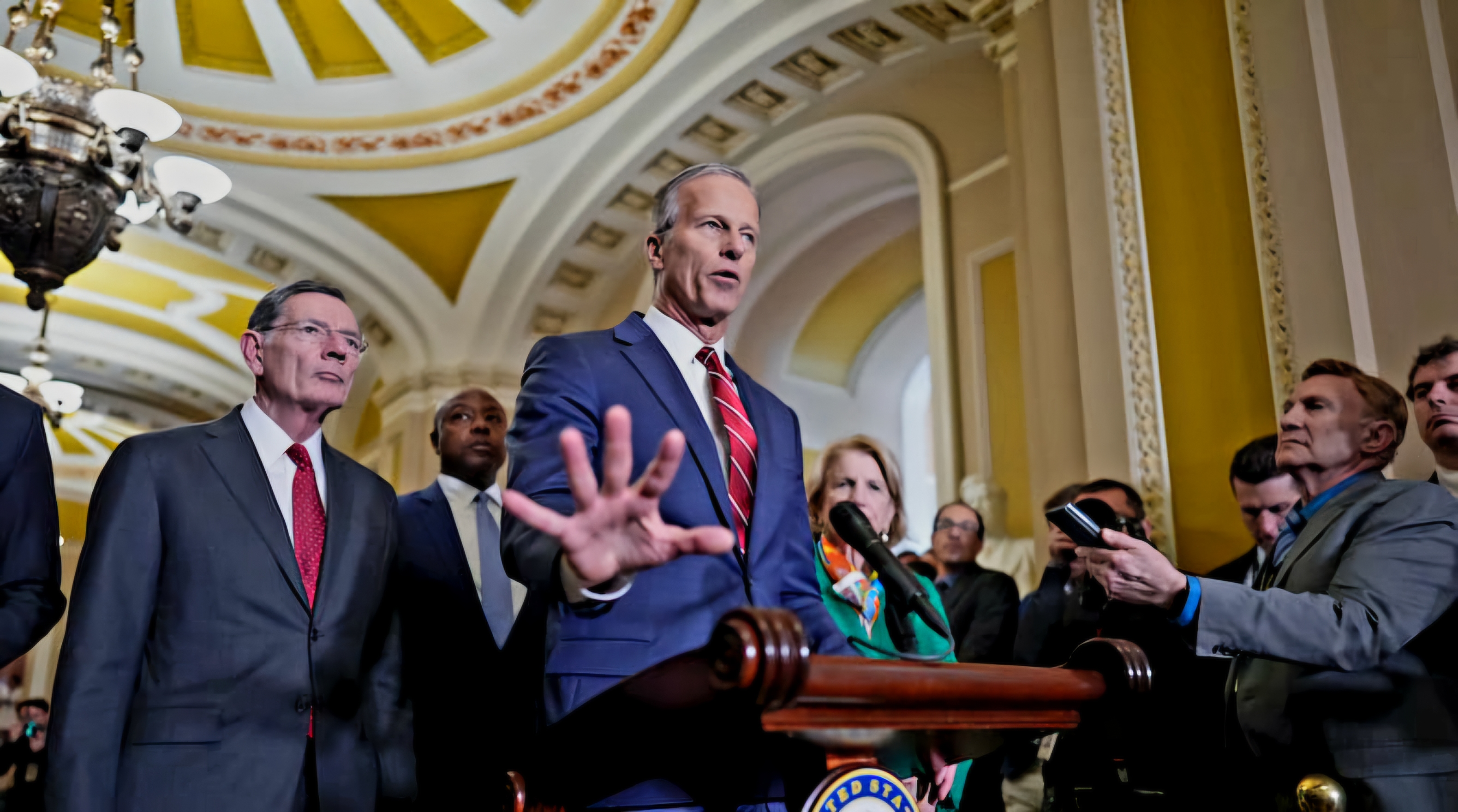
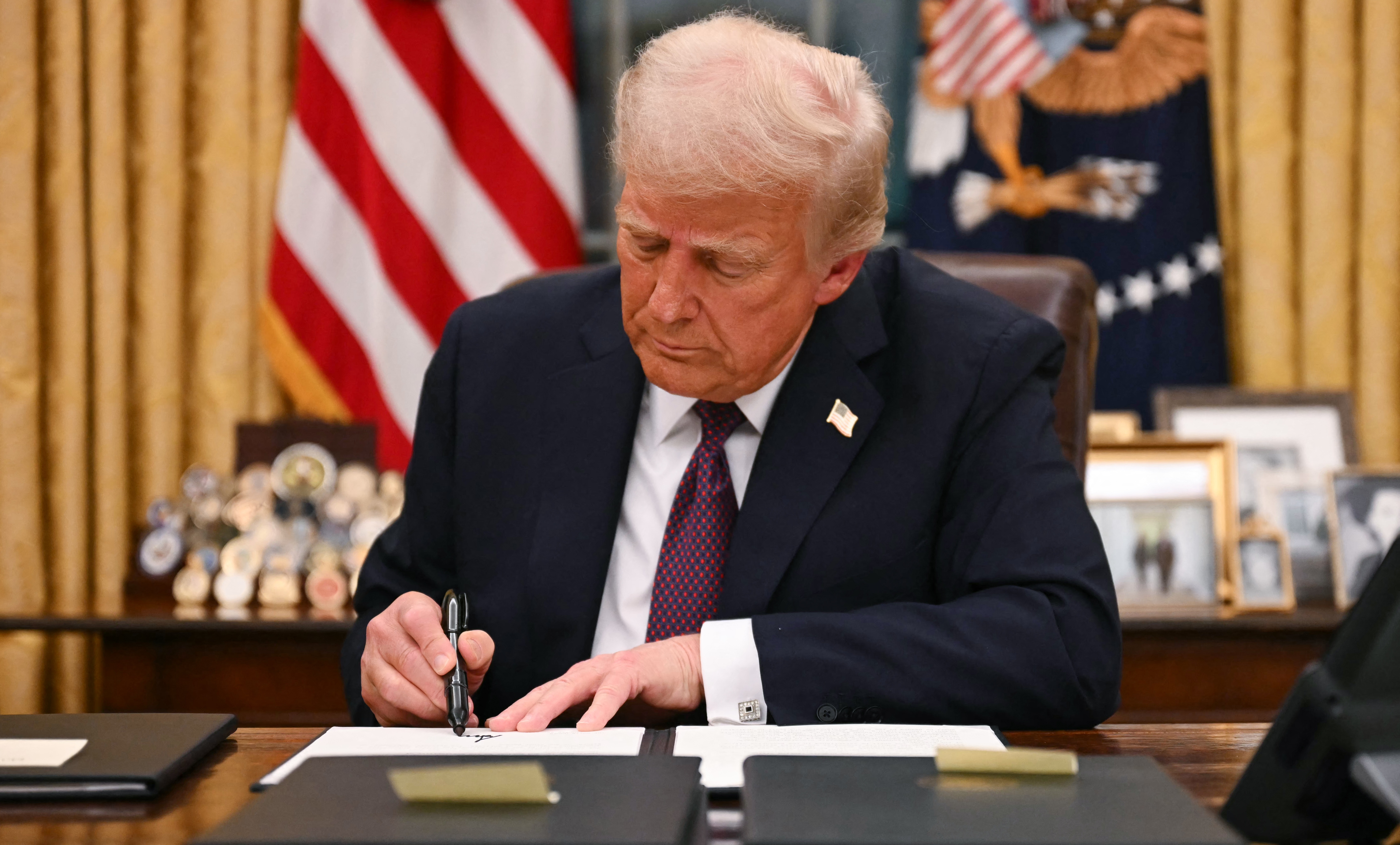
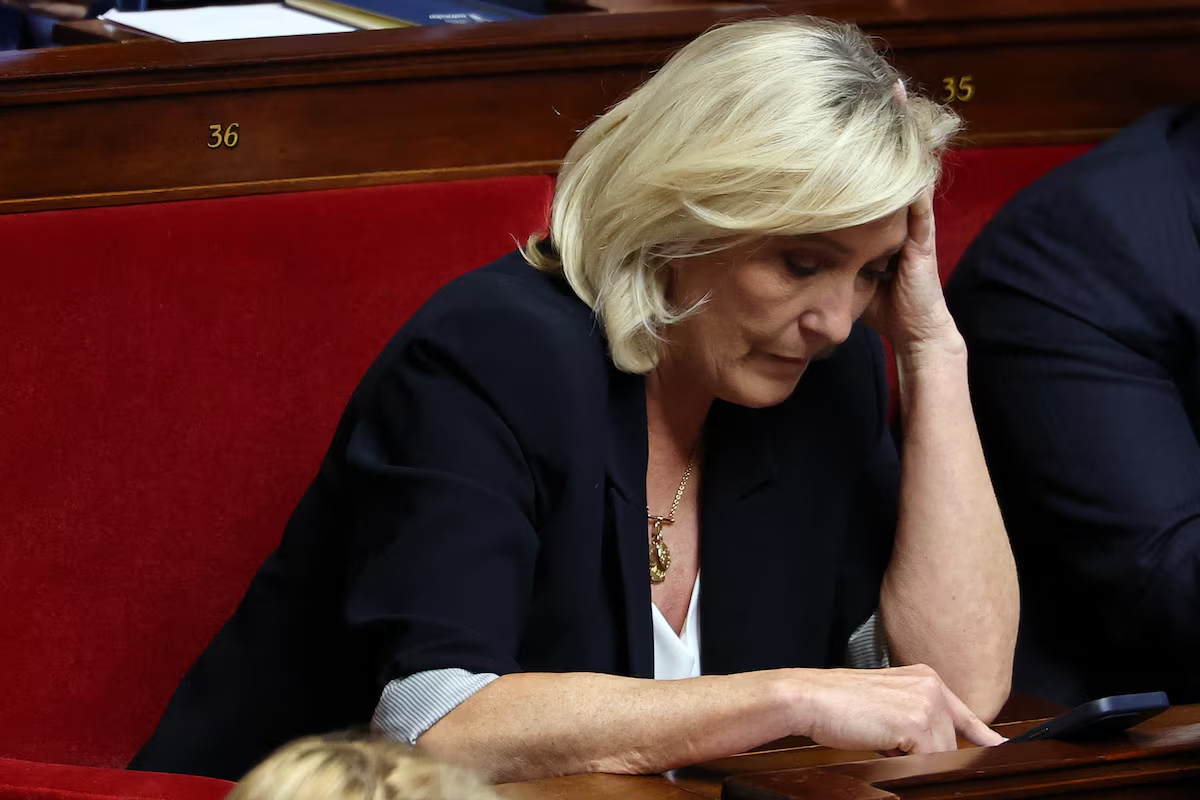
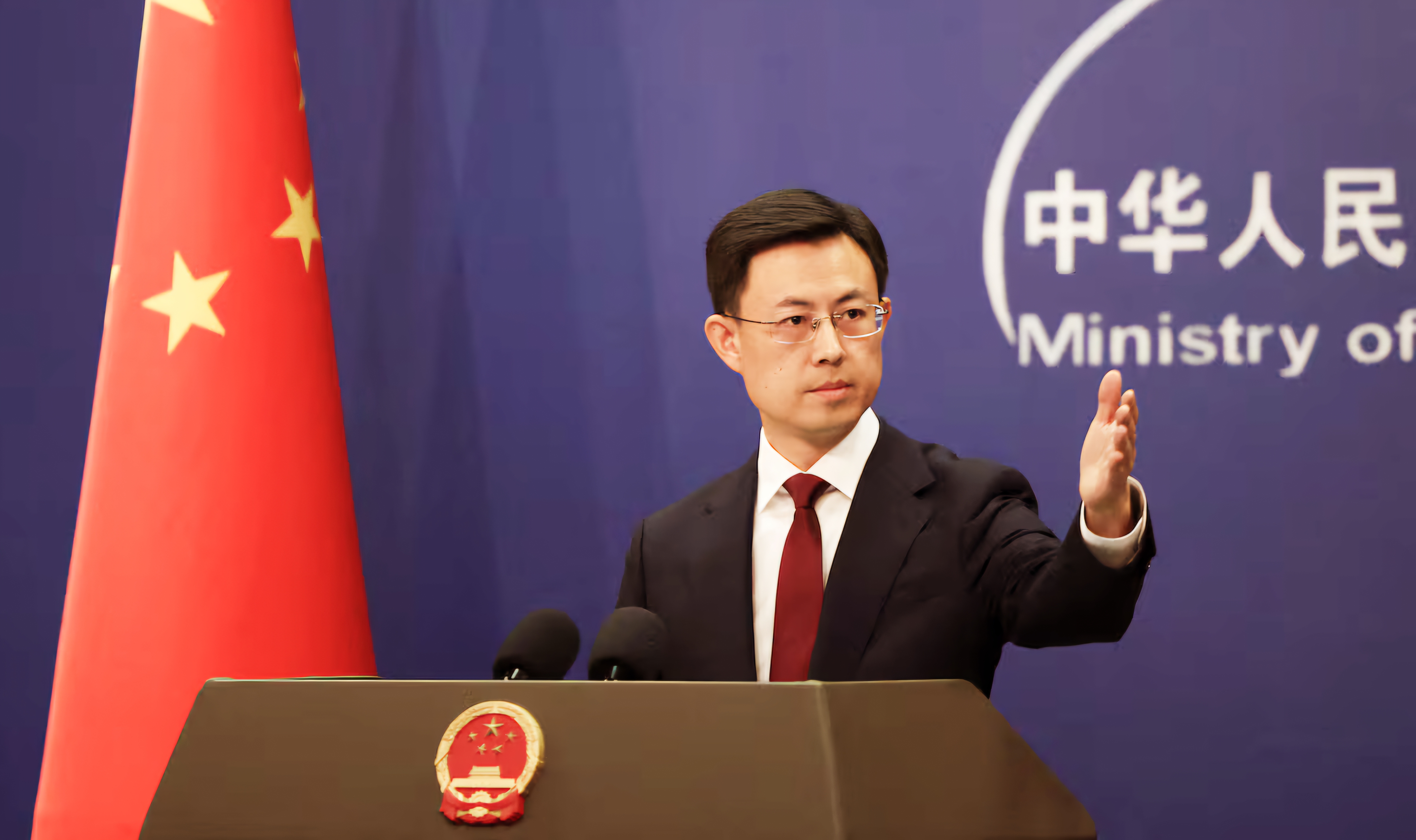
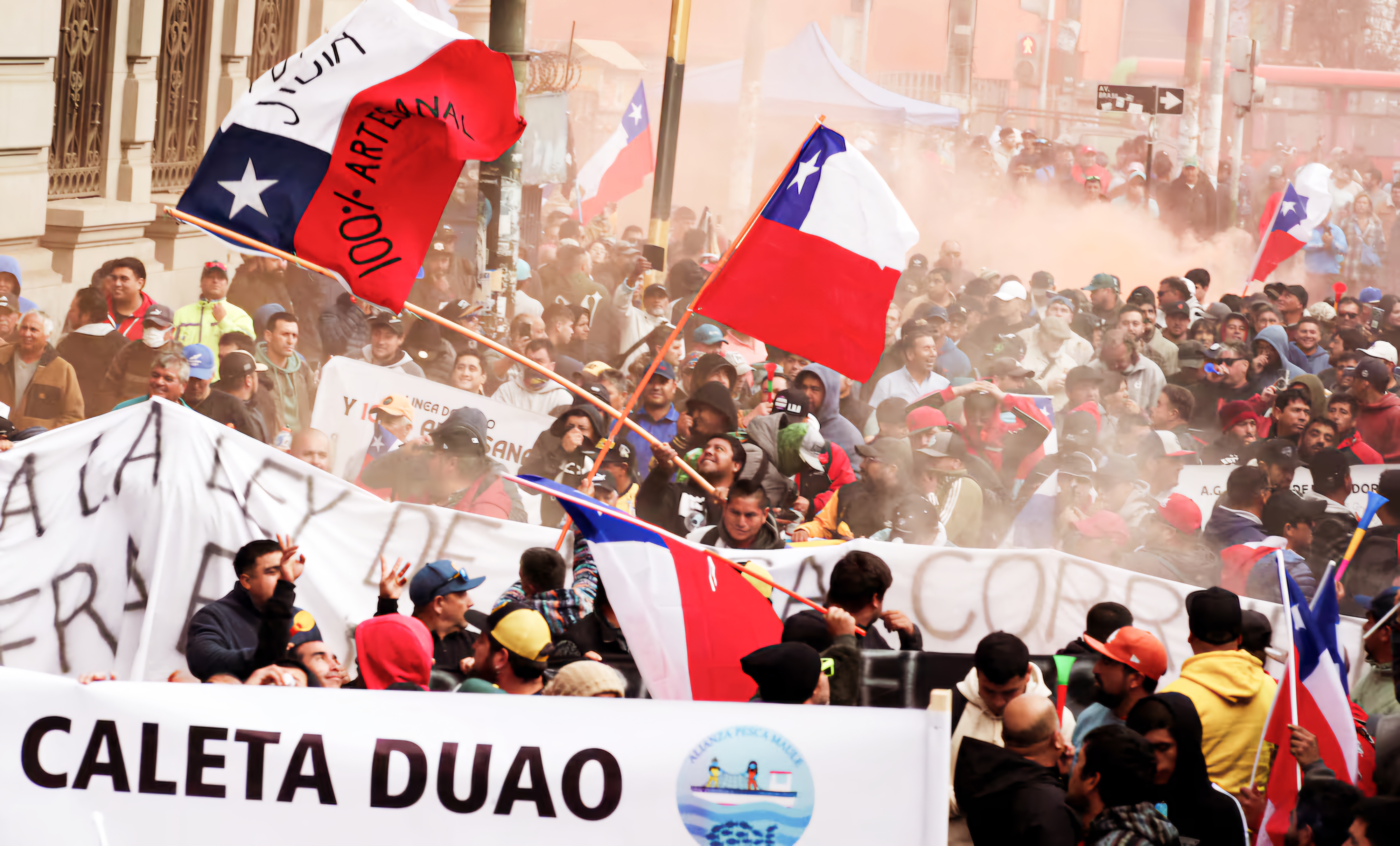
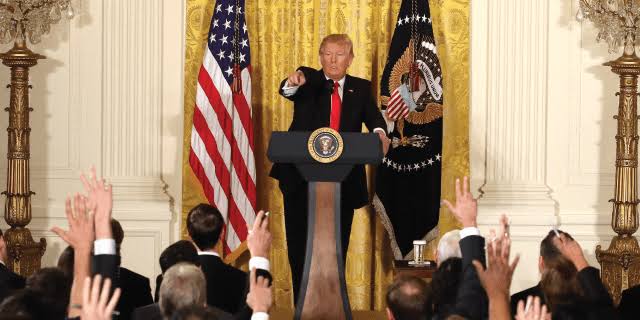
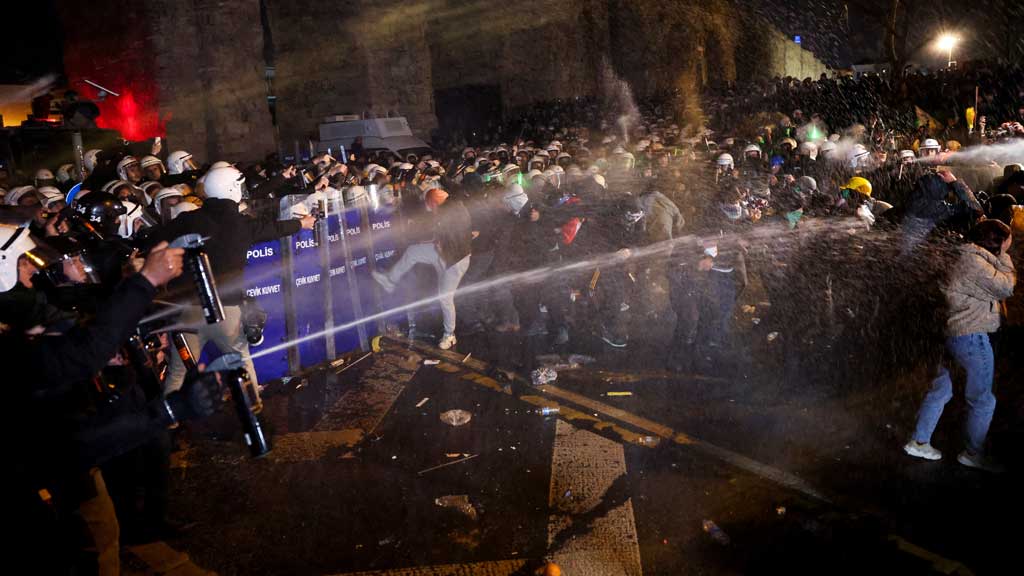
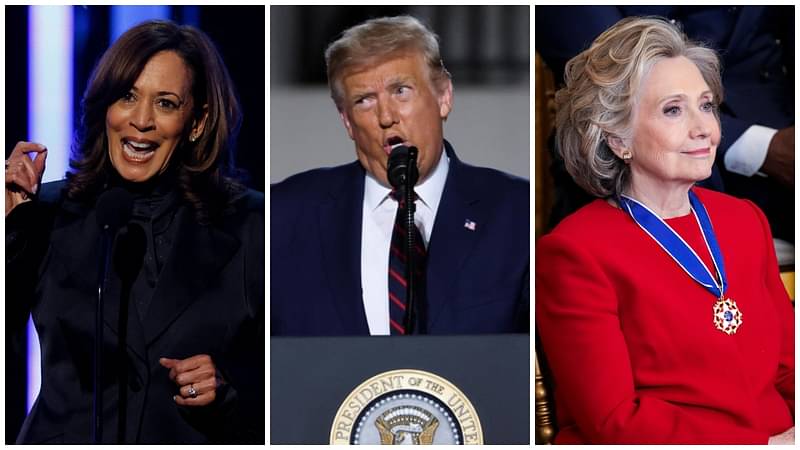
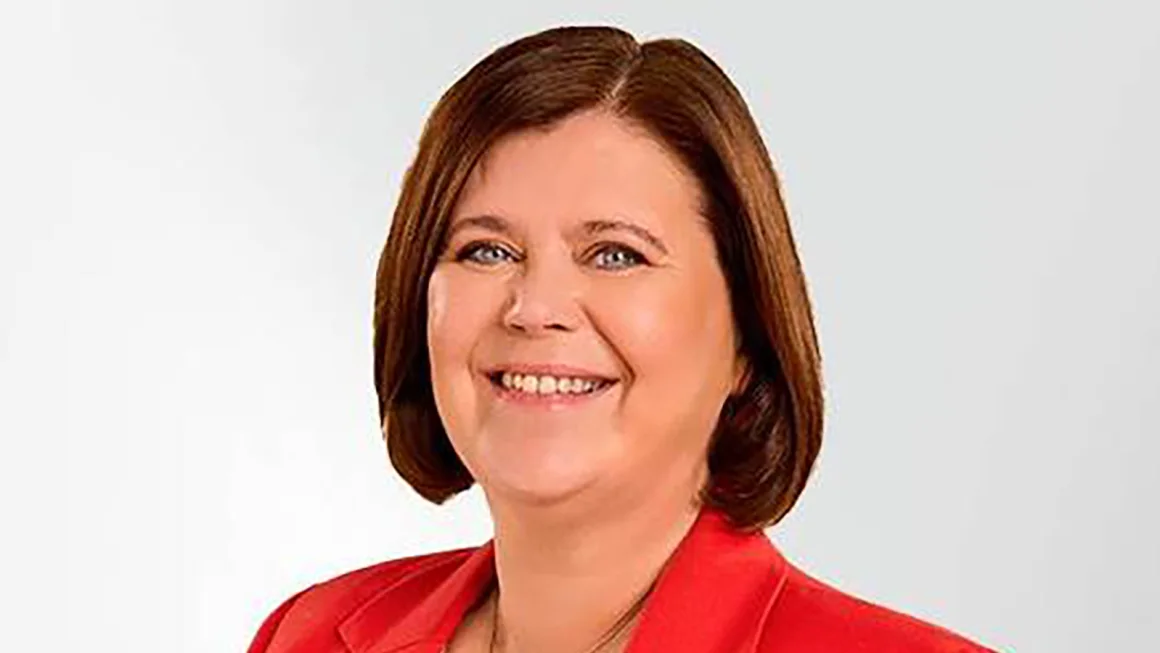
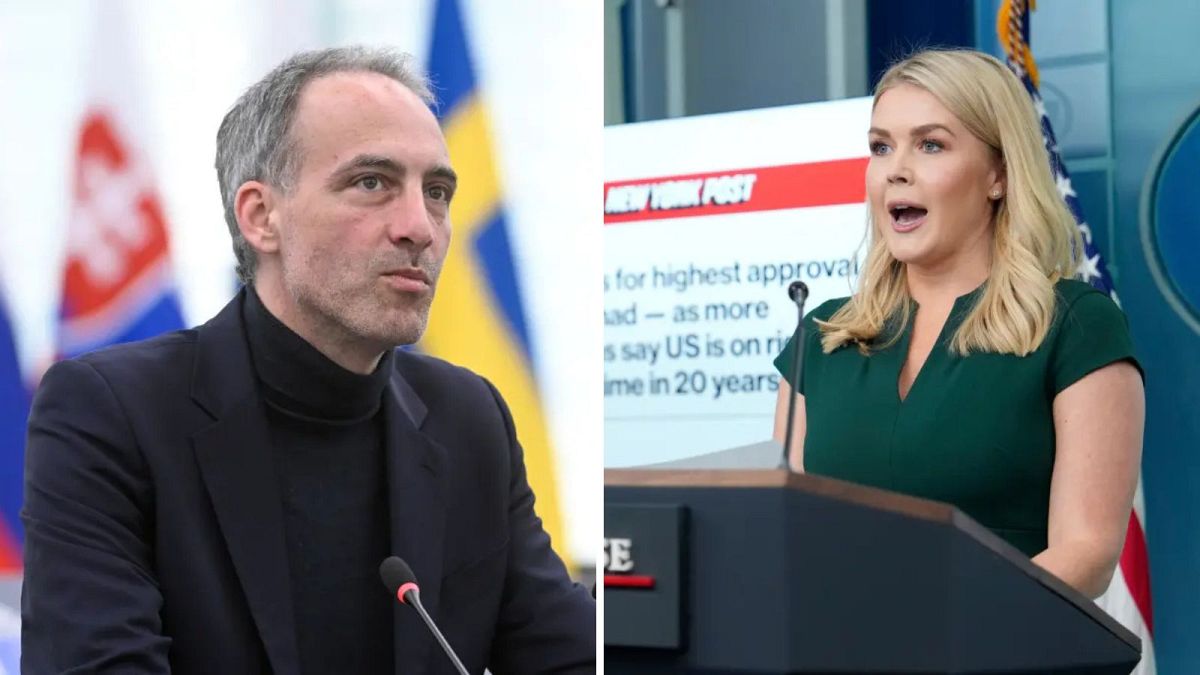


0 Comment(s)